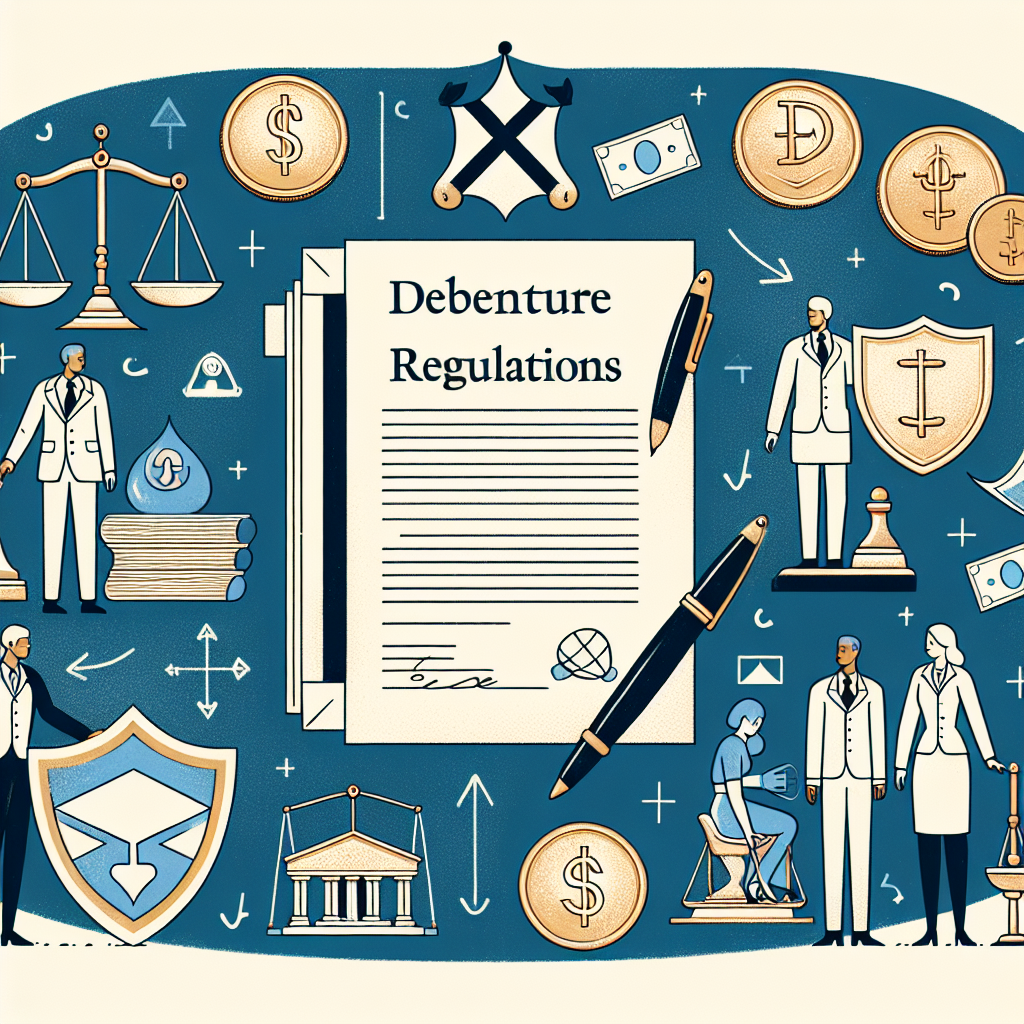Supreme Court Upholds Biden's Stricter Air Pollution Regulations
The U.S. Supreme Court declined a request to halt federal air pollution regulations initiated by President Biden, which aim to curb mercury and methane emissions. The regulations face legal challenges, with opponents claiming they overstep federal authority and could affect the power supply.

The U.S. Supreme Court on Friday chose not to halt federal air pollution regulations introduced by President Joe Biden's administration, which seek to tighten limits on mercury and methane emissions. Challenges were brought by a coalition of states, predominantly Republican-led, alongside industry groups, arguing that the Environmental Protection Agency (EPA) exceeded its authority.
The new regulations, established under the Clean Air Act, aim to cut emissions of mercury and other toxic metals from coal plants by 67%, and 70% from lignite coal plants. They also impose restrictions on methane emissions, including rules on flaring and mandates for leak monitoring at oil and gas facilities. Opponents argue these regulations could jeopardize the U.S. electricity supply and undermine state-level emissions standards.
The EPA defended the regulations, stating they would benefit public health by reducing risks of diseases linked to emissions and would have a significant impact on climate change due to methane's high warming potential. Despite the opposition from states and industries, lower courts have refused to pause the regulations, and the Supreme Court's conservative majority has previously limited the EPA's scope in other rulings.
(With inputs from agencies.)
ALSO READ
Tight Regulations on Exit Polls for Jammu and Kashmir Assembly
Sebi Introduces 'MF Lite' Regulations for Passive Mutual Funds
SEBI Approves New Measures to Streamline Security Regulations, Address Allegations
Easier Building Plan Adjustments: New Regulations Reduce Consent Amendment Delays
New Regulations for Co-operative Societies in Dadra and Nagar Haveli and Daman and Diu










